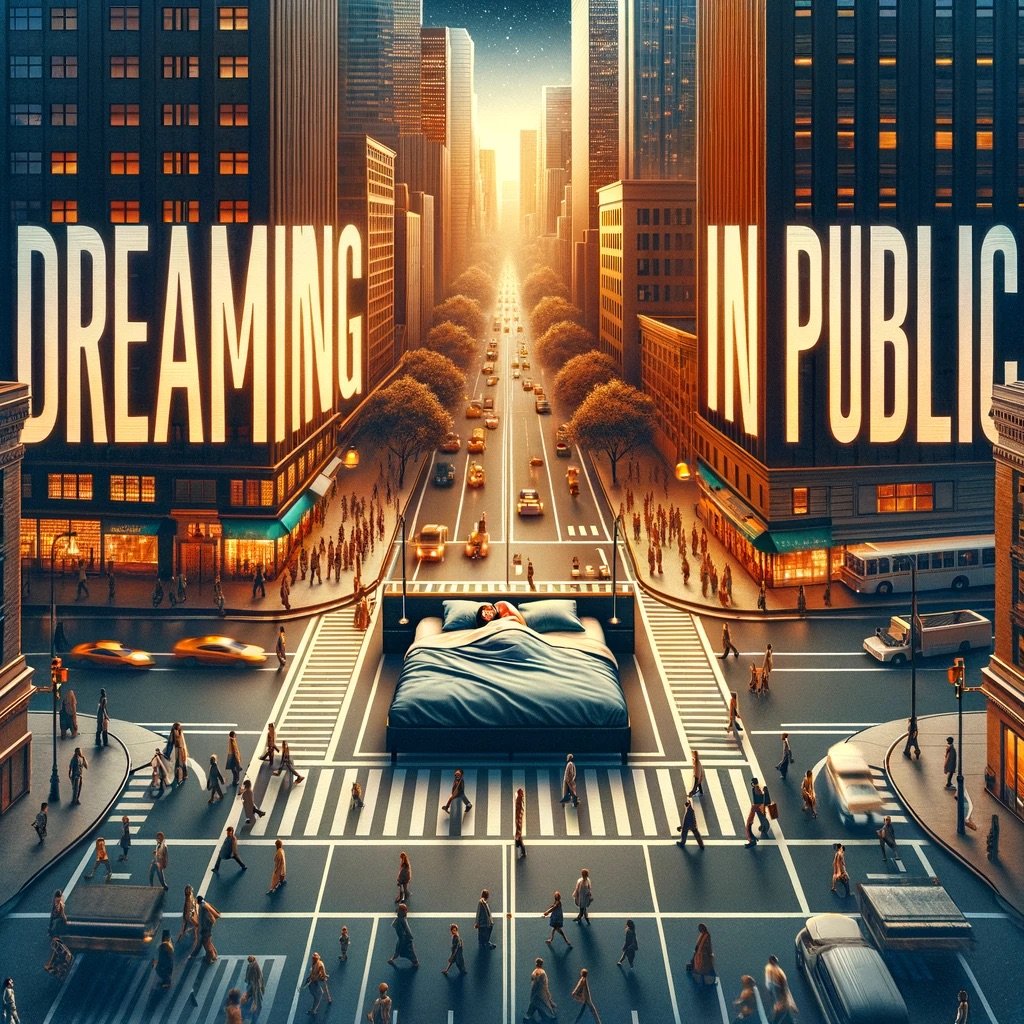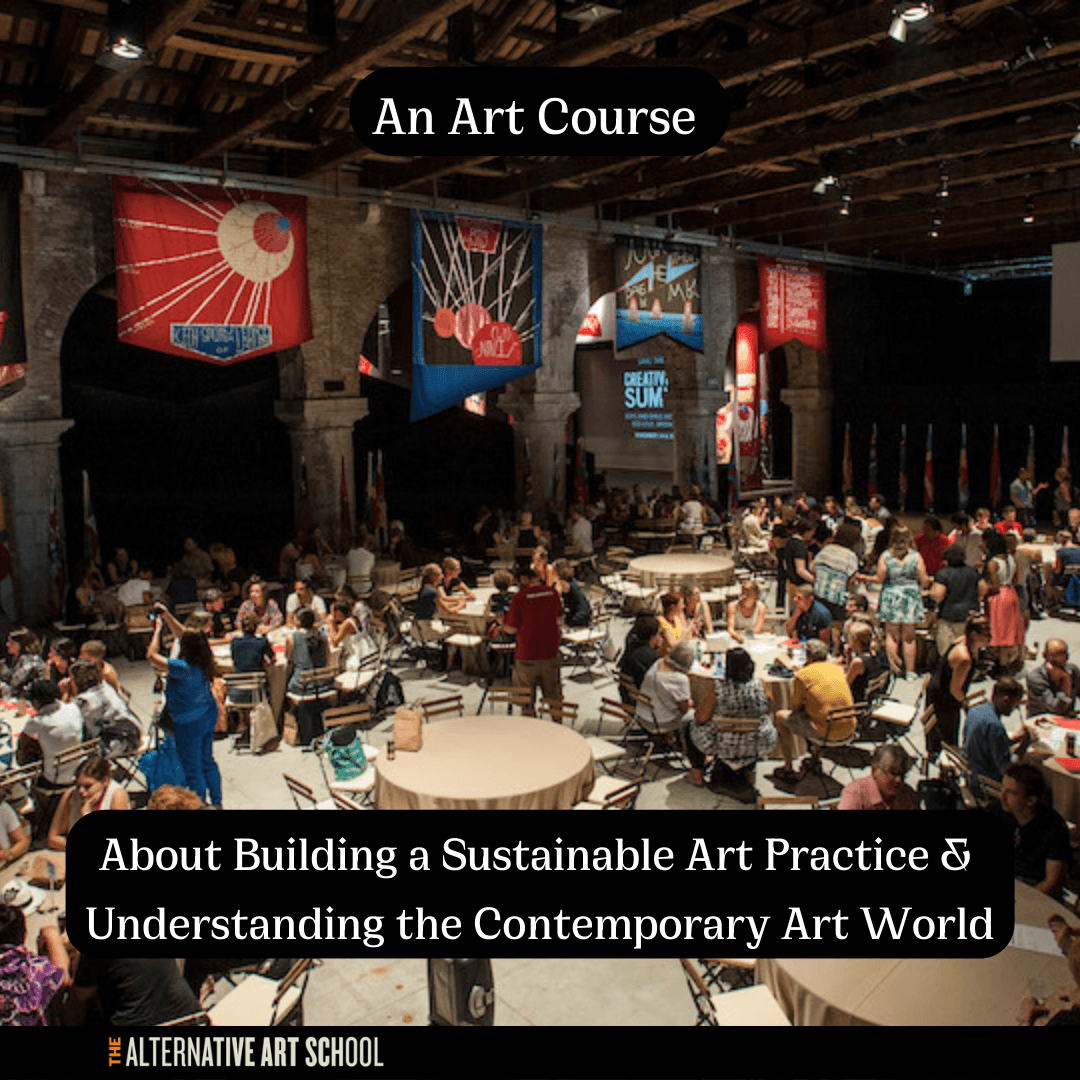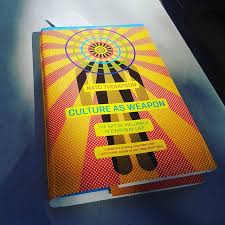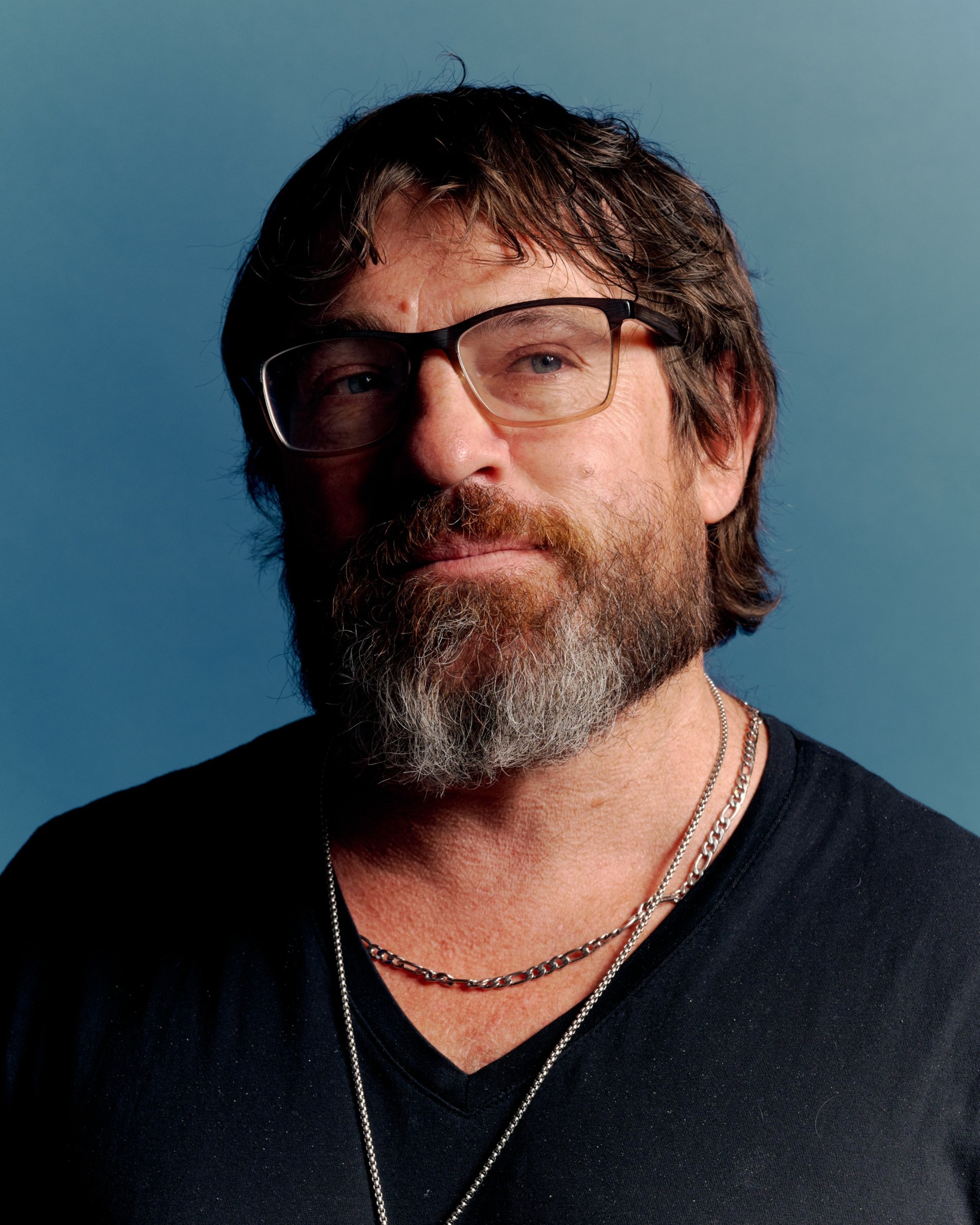We were lucky to catch up with Nato Thompson recently and have shared our conversation below.
Hi Nato , thanks for joining us today. Can you talk to us about serving the underserved.
I run an online art school featuring artist instructors and artists from around the world. We are attempting to utilize the affordances of the digital age to transform the way artists engage with each other, find community and participate in art experiences and education throughout their life. We particularly are invested in the work of working artists who, like most artists in the world, are juggling many aspects of their lives, but have resolved that art holds a particularly special place. Our artists tend to be mature, have experienced enough in their lives (whether it is family, jobs, financial struggles, health issues or the variety of things life throws at you) and appreciate the magic that a life of art offers. We charge monthly membership dues and keep the costs of our classes down. We are an intentional economy more than a business and we use the money we make from our attending artists (we tend to be from the global north) to subsidize a truly global campus of artists from the global south and economies where artists couldn’t afford rates available in the United States.

As always, we appreciate you sharing your insights and we’ve got a few more questions for you, but before we get to all of that can you take a minute to introduce yourself and give our readers some of your back background and context?
I am a long time curator and author. I worked for several years at the institution MASS MoCA, (the Massachusetts Museum of Contemporary Art) (2000-2007) at which point I went to New York City to become curator at Creative Time and curated large-scale public artworks (such as the large sphynx made of sugar by renowned artist Kara Walker). During that time, I wrote two books of cultural theory and have published several art catalogues three of which were with MIT Press. I am interested in an art that defies expectations but also challenges the rules of power and allows audiences to image how their lives could be lived more energetically, differently, magically. After that work, I went on to try to start a contemporary art museum in Philadelphia but that didn’t work out for basic financial reasons (*but it was fun trying). And then since 2000, I started three businesses, one of which is my pride and joy. The Alternative Art School. I also continue to write and I work with artists and art organizations as a consultant to bring strategic thinking to cultural projects.

Have you ever had to pivot?
So many times. The arts are not an easy place to make a career or life. For many years, I was a curator at a museum and found the job incredible. As I got older, I realized that this job basically only lasts for some time before you need to “graduate” to become a museum director. I have not been eager to take on this job as of yet and instead wanted to try my hand at culturally related art businesses. I am interested in making new “realities” in the world and treating a business as a vehicle to achieve that. Along with The Alternative Art School, I launched a company with some peers called Artwrld which intended to be a site to release NFTs with high end artists. Ultimately it was an experience in that I had never launched a venture funded start up before and well, the whole world of crypto was new. The company is still around, but I had to leave as the world of crypto and NFTs came crumbling down. But I have to say, we made great artworks (one is in the Guggenheim Collection, one is in the SF MOMA collection and one is in the Pompideu Collection), we worked with great artists and I learned a lot.

Any stories or insights that might help us understand how you’ve built such a strong reputation?
I have long been known as someone that produces great projects with artists. And I think that comes with a certain commitment to the realm of art, to the artists and a certain blend of both pragmatism and dreams. I like to say I love to make dreams happen and in order to do that I have to work with people that know what they are doing and also have the respect of artists enough to push back when I feel we are off course, and also push for them when i know what they want matters.
Contact Info:
- Website: https://thealternativeartschool.net/ , https://www.dreaminginpublic.com/
- Instagram: @natothompson, @dreaminginpublic @thealternativeartschool
- Linkedin: https://www.linkedin.com/in/nato-thompson-aa325b146/
- Youtube: https://www.youtube.com/@thealternativeartschool



